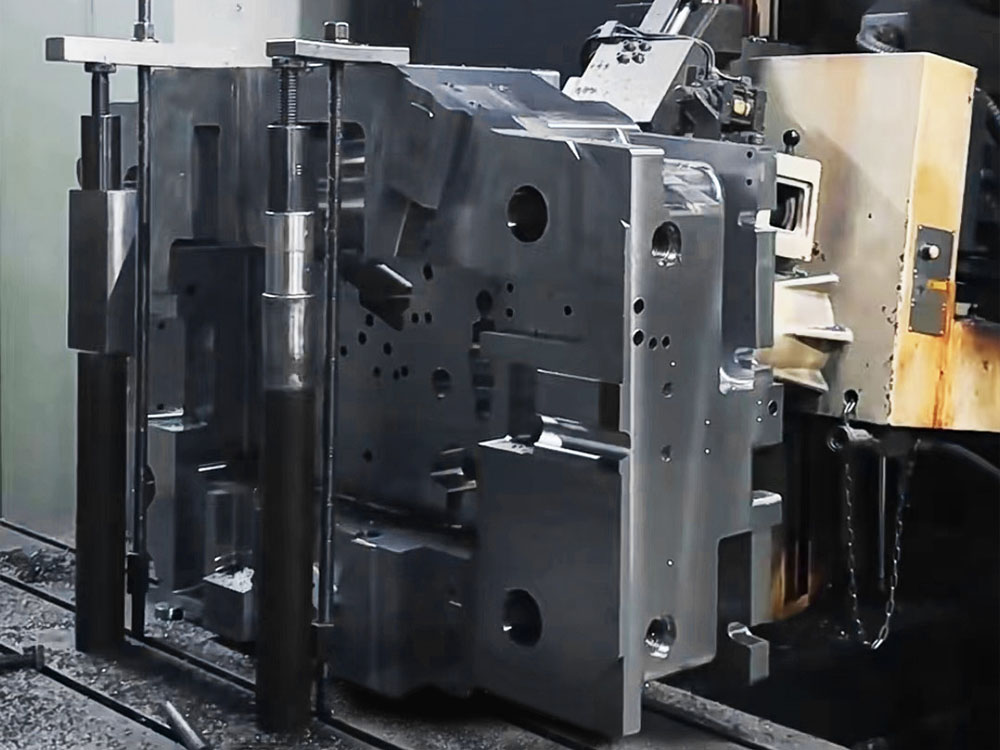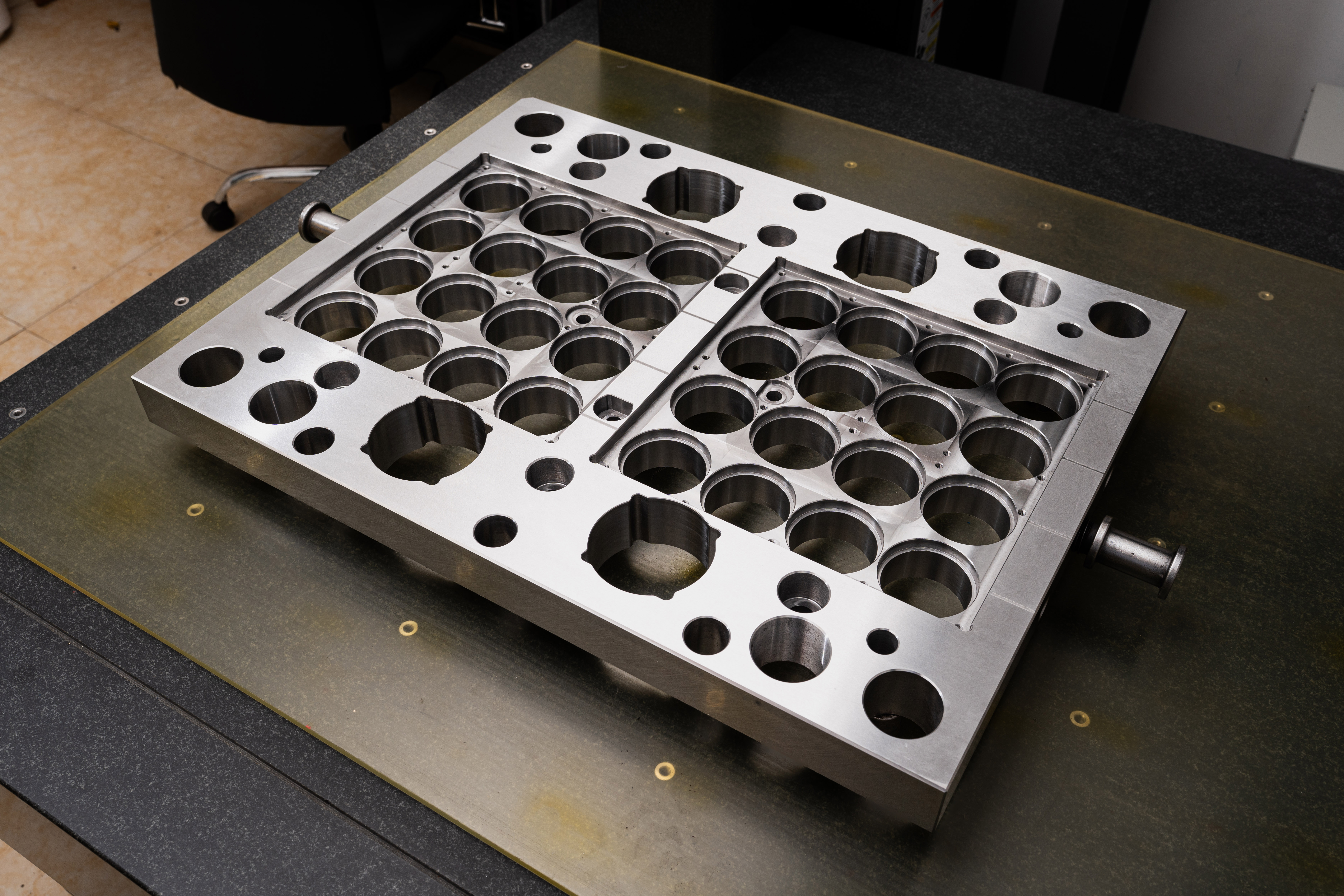Mold Base Industry: Collaboration in Modular Construction Factories
In the mold base industry, collaboration plays a crucial role in ensuring efficient and effective production processes in modular construction factories. These factories rely on a well-structured and professional collaboration framework to deliver high-quality mold base products. This article aims to provide insights into how modular construction factories typically collaborate to achieve success in the mold base industry.
1. Planning and Design Phase
Collaboration begins in the planning and design phase, where various teams work together to create a comprehensive plan for the mold base production. Engineers, designers, and project managers collaborate closely to understand the client's specifications, assess feasibility, and design the optimal mold base solution. Clear communication channels and regular meetings ensure that everyone is on the same page and any potential challenges or modifications are addressed.
2. Procurement and Supply Chain
The procurement and supply chain teams play a vital role in ensuring the availability of high-quality materials and components required for mold base production. Collaboration with suppliers and vendors is essential to maintain a steady supply of inputs. Regular coordination on material specifications, quality control measures, and delivery schedules helps streamline the procurement process and mitigate any potential delays or production disruptions.
3. Manufacturing and Production
Collaboration intensifies during the manufacturing and production phase, where multiple teams must work together seamlessly to ensure efficient and accurate mold base production. The mold-making team collaborates with CNC machinists, toolmakers, and quality control experts to transform designs into finished mold bases. Effective communication, real-time feedback, and continuous monitoring help identify and address any production issues or deviations from design specifications.
4. Quality Assurance
Collaboration in the quality assurance phase is crucial to maintain the highest standards of mold base production. Quality control teams, technicians, and engineers collaborate to perform thorough inspections and tests on the mold bases. They work together to identify any defects, measure dimensional accuracy, and ensure adherence to specified tolerances. Collaboration during quality assurance ensures that only flawless mold bases are delivered to the clients, thus enhancing customer satisfaction and brand reputation.
5. Continuous Improvement
Collaboration also extends to the continuous improvement phase, where cross-functional teams collaborate to identify areas of improvement in the mold base production processes. Regular meetings, brainstorming sessions, and data analysis help drive innovation and efficiency. Collaborative efforts in process optimization, advanced technologies, and automation lead to enhanced productivity, reduced lead times, and overall cost savings.
Conclusion
Collaboration plays a crucial role in the mold base industry, particularly in modular construction factories. From the planning and design phase to continuous improvement, various teams collaborate closely to ensure each step of the production process is executed seamlessly. By fostering effective communication, coordinating procurement activities, integrating manufacturing processes, and ensuring quality assurance, modular construction factories can deliver high-quality mold bases that meet client expectations and drive industry success.




